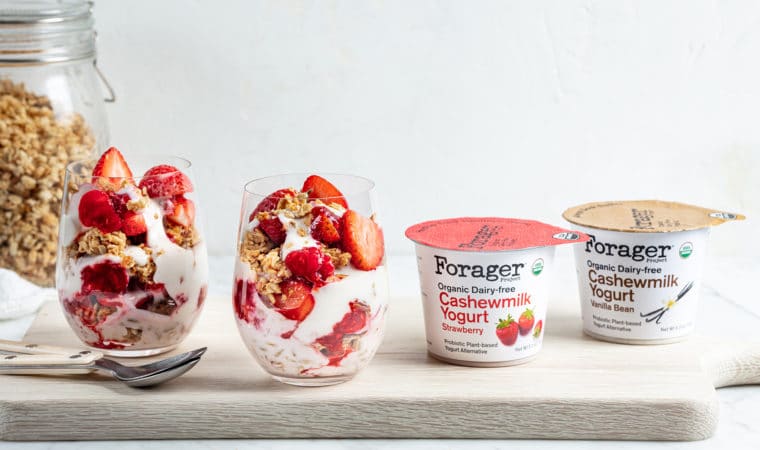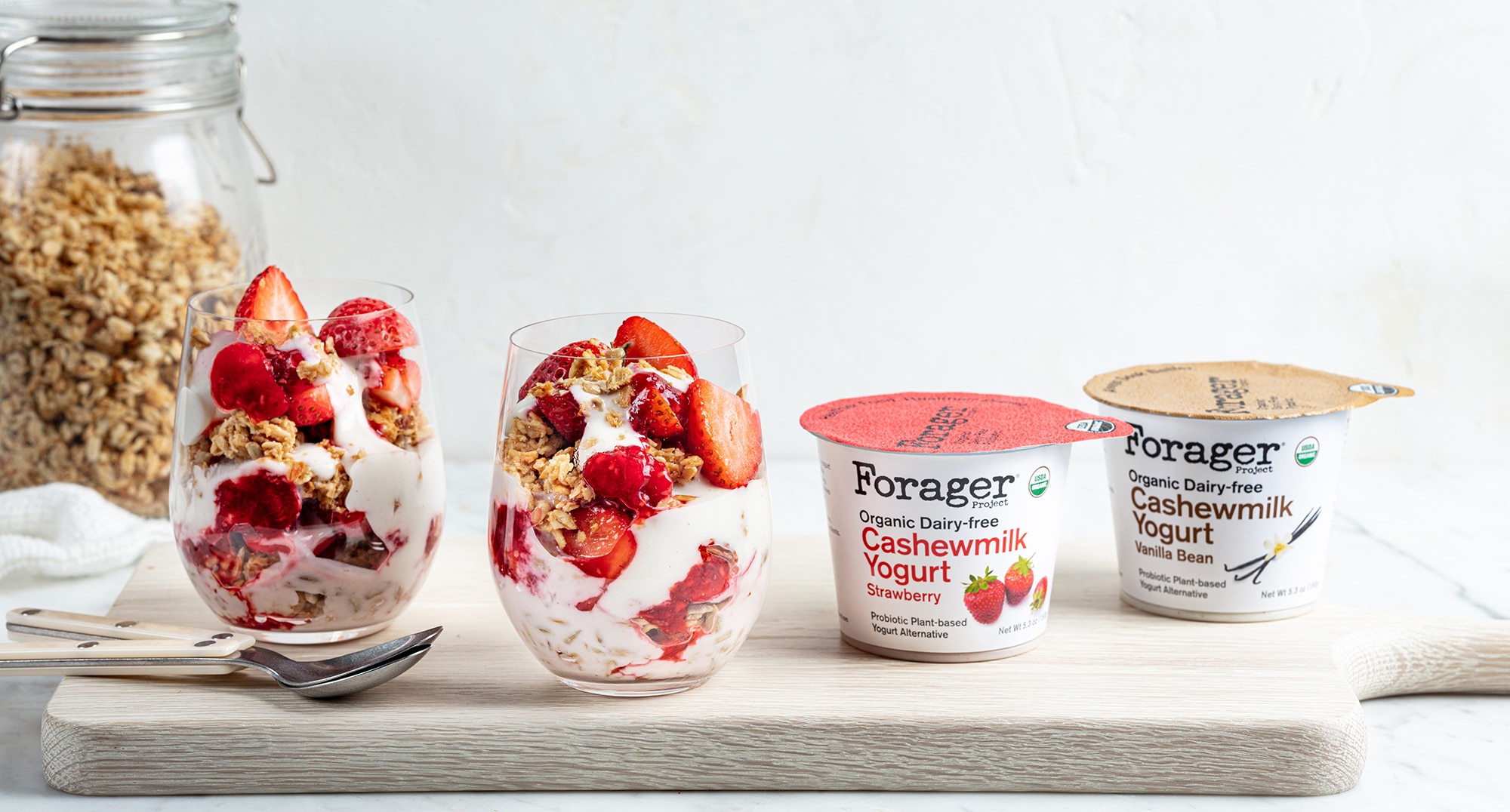



Whether it is your roommate, family member, or partner, at times, it can be challenging to live with others who have different lifestyle choices, habits, beliefs, and preferences than you. We have collected a few simple tips and tricks that can make living with those who do not follow your same eating principles a little bit easier. After all, if you enjoy living together you can enjoy a meal together.

No matter what your dietary habits, preferences, or requirements are, food choices are personal. Respecting and holding space for others is a great practice whether you are talking about food or life in general. Starting off with a clear understanding of each other priorities is super helpful when trying to build a foundation for a successful and enjoyable household.
Accepting your differences rather than trying to convince one another to switch your preference for the other – sets a tone of respect and when paired with a clear understanding of individual needs can make mealtime an act of community building (even if / when done separately) rather than something that divides you.
It is important to make sure everyone feels comfortable with not only food safety and sensitivities, but also understands how other things like what materials are used in the house are perceived. Vegans and many people living plant-based lives do not use common household items like wool, soaps, cleaning supplies, wine, and more because they are made with animal products. Non-vegans, flexitarians, or omnivores may not be aware of some of the sensitivities that strict plant-based eaters and vegans have, and they too may be sensitive to feeling judged for their choices.
If you and those you live with have very different needs and sensitivities, scheduling individual time in the kitchen can be effective. Even certain smells can impact individuals differently, giving one another a heads up when you want to cook something that the other person does not like allows them to find space away from the kitchen or house. Understanding and maximizing the time that is best spent together or apart can increase empathy and appreciation for each other.
Establishing and adhering to respectful boundaries just like you might with other household responsibilities and decisions can help create and maintain an enjoyable environment for all. The more clarity we have and more respect we show for each other, the easier it can be to cohabitate successfully and even joyfully.
Tip: Set up dedicated drawers in the refrigerator and shelves in the pantry for food and cooking supplies that specifically cater to individual needs and have designated community space for shared produce and products.
When eating out or ordering out, check the menu ahead of time to make sure there is something exciting for both of you.
Tip: Have a list of restaurants with vegan options and rotate through the list, that way everyone can order something they like without getting in a rut of ordering from the same spot repeatedly.

For most, dinner is often the main shared meal. Breakfast and lunch are often quickly and individually prepared meals – this makes breakfast and lunch easier to divide and conquer. For dinner, there are still fun ways to cook together – having bases that everyone can customize is one great way to foster community. For example, heartier salads and grain bowls with roasted vegetables and meat or tofu / lentils are a versatile and satisfying solution for all.
Tip: When cooking, prepare the base meal in a vegan-friendly way and let others add butter, cheese, or meat / fish – i.e., use vegan butter, vegetable stock, plant-based milk as the base for recipes.
Dinner ideas to make everyone in your house happy with their meal, no matter their dietary needs and preferences.
Taco night – Use vegan-friendly cooking / preparation for salsa, guacamole, tortillas, beans, and rice, with the option for plant-based meat or meat for the not vegan eaters in the household.
Recipe inspiration: try this Taco Salad or these Ancho Chili Parsnip Tacos.

Mediterranean – Prepare falafels, cauliflower steaks, Greek salad and rice pilaf adhering to vegan dietary guidelines, and each add your own feta (dairy-free or not).
Recipe inspiration: try this Fattoush Salad or this Falafel White Sauce with this Baked Falafel Bowl.

Pasta and meatballs – Share the pasta and tomato sauce and top with your own meatballs / vegan meatballs and cheese, if desired.
Recipe inspiration: Try this Creamy Tomato Basil Pasta.

Holiday cooking – During winter holidays, some put meat at the center stage, but with comforting vegetable dishes like those featured below you can satisfy even the most ardent of carnivores.
Recipe inspiration: Try the Creamy Vegan Potato Gratin pictured below or Roasted Brussels Sprouts with Creamy White Bean Dressing.


Forager Project is a family-owned and operated organic food company, crafting plant-based foods in California since 2013.